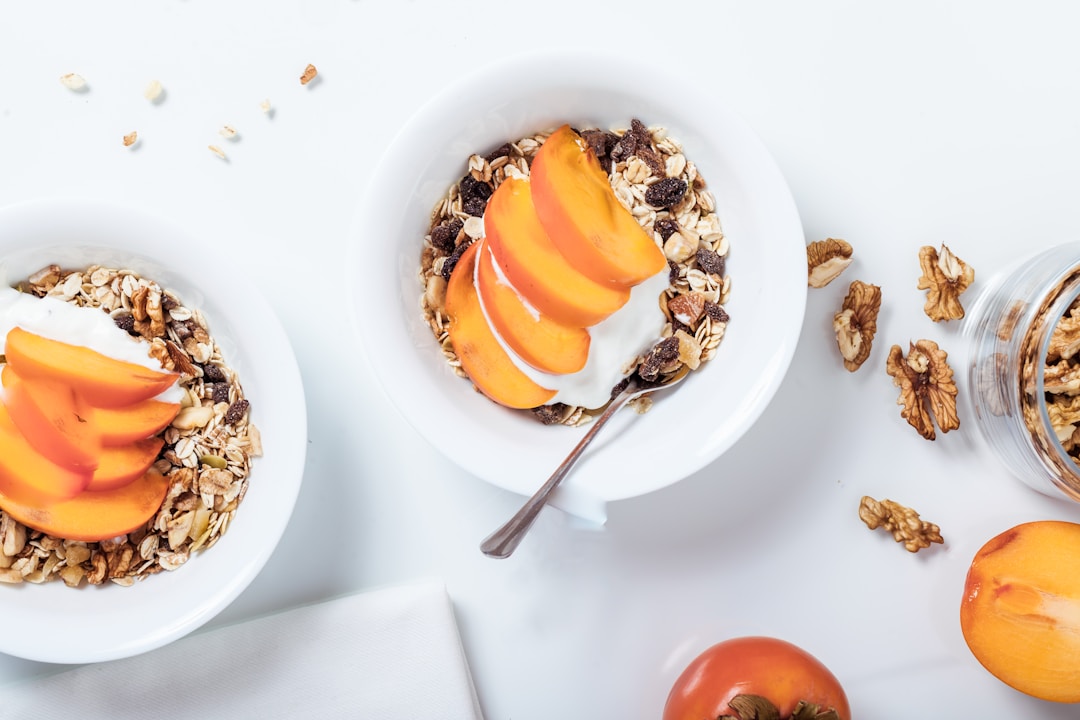If you are one of the millions of people worldwide struggling to lose weight, then you are in the right place. Weight loss is a significant health issue that requires a combination of tactics for success. In this article, we will share some science-backed strategies for healthy weight loss. These strategies have emerged from extensive research, and they are known for their effectiveness in curbing unnecessary weight gain and prompting healthy body mass. Keep reading.
Boosting Your Metabolism
What role does metabolism play in weight loss? Many people overlook this critical aspect when trying to shed some pounds. Metabolism is the process through which your body converts what you eat into energy. If you have a high metabolism rate, your body can burn more calories—helping in weight loss. So, how do you increase your metabolism for weight loss? Regular physical activity and consuming certain types of foods are critical in achieving this.
Regular exercises like running, cycling, and swimming can effectively increase your metabolism, leading to weight loss. Moreover, strength training practices like weight lifting can also give a significant boost to your metabolism. Why? Because they help in building muscle tissues, which burn more calories than fat tissues, even when at rest. Conversely, diet also plays an essential role in enhancing metabolism. Foods rich in protein, like eggs, fish, meat, nuts, and legumes, can help increase metabolism and reduce appetite.
Furthermore, you can try including a detox slimming tea in your diet. Such teas introduce beneficial antioxidants to your system, supporting metabolic enhancement and fat breakdown. The detox process also helps in flushing out toxins that may slow down your metabolism, keeping you on track for your weight loss journey.
Inclusion of High Fiber Foods in Your Diet

Do you want to regulate your appetite and maintain a healthy body mass? The inclusion of high-fiber foods in your diet could be a game-changer. High-fiber diets have been linked to successful weight loss for numerous reasons. Firstly, fiber-rich foods are more filling, meaning you are likely to eat less and stay satisfied longer, which can help you avoid unnecessary snacking.
Besides being filling, high-fiber foods also take longer to digest; hence they make you feel full for a longer duration preventing you from frequent eating. Foods rich in fiber include fruits, vegetables, whole grains, and legumes. By incorporating these into your daily meals, you increase the fiber intake, which helps in regulating your appetite and promotes weight loss.
Also, high fiber intake is associated with lower fat accumulation, especially abdominal fat. The fibers, especially the viscous fibers, bind with water to form a gel-like compound in your stomach. This substance slows down food transit in your stomach, promoting feelings of fullness and curbing food intake. Hence, a high-fiber diet can be a great tool for maintaining a healthy body weight.
Mental Health and Weight Loss
How does your mind affect your weight loss journey? Mental health is a critical aspect of weight loss that is often overlooked. Stress, anxiety, and depression can lead to overeating or unhealthy eating, which results in weight gain. Therefore, regulating your mental state is a significant step in losing weight and maintaining healthy body weight.
Several methods can improve mental health and promote weight loss. Practicing mindfulness, for example, can help you maintain a positive mental state. Mindfulness involves being present at the moment and accepting it without judgment. It can help in managing stress and preventing binge eating, therefore effectively promoting weight loss. Also, practicing yoga and meditation can significantly improve your mental health, regulate your food intake, and promote weight loss.
Protein-Rich Diets and Weight Loss

If you recall, when discussing metabolism boost, we mentioned protein. Proteins play a significant role in weight loss and maintaining healthy body weight. Eating a protein-dense diet can help you lose weight in several ways. Topping the list is that proteins are known for their satiety-enhancing effect. They are more filling compared to carbohydrates and fats, meaning that you are likely to eat less subsequently.
Secondly, high protein intake increases metabolic rate and leads to a significant reduction in appetite. This phenomenon results from the high energy cost of metabolizing proteins. The body uses up a lot of energy, resulting in an increased rate of burning calories. Foods rich in proteins include lean meats, fish, eggs, dairy products, legumes, and nuts.
Hydration and Weight Loss

Water is an important element for weight loss. Hydration often leads to weight loss by increasing metabolism and reducing appetite. Also, water is a natural calorie burner, and being well-hydrated ensures that metabolism is working at its best. Therefore, drinking adequate amounts of water is essential to a successful weight loss journey.
Furthermore, water can also suppress your appetite when consumed before meals, leading to reduced food consumption and calorie intake. A research study indicated that people who drank water before eating lost more weight than those who did not. In addition, staying hydrated promotes optimum bodily functions, including metabolism and excretion. These benefits re-emphasize the importance of water in weight loss.
Physical Exercise and Weight Loss

The role of physical exercise in weight loss cannot be overstated. Regular exercise benefits weight loss in multiple ways – by burning off excess calories that would otherwise be stored as fat and by boosting metabolic rate, which aids in weight loss. In particular, strength training exercises like weight lifting can be particularly effective because they help build muscle mass, which burns calories more efficiently than fat.
It’s critical to note that consistency is key when it comes to exercise. Even low-impact workouts, such as walking or biking, can have a profound impact on weight loss if performed consistently. And contrary to popular belief, you don’t always have to spend long hours at the gym for you to achieve your weight loss goals. Numerous studies have shown that short, high-intensity workouts can be just as effective as longer, slower-paced ones.
Weight-loss-friendly Foods
What does your diet consist of? Every food we consume has an impact on our weight. Some foods, like fast-food and sugary drinks, can lead to weight gain, while others aid in weight loss. It is crucial to ensure your diet consists of weight-loss-friendly foods if you are to achieve your weight-loss goals.
Foods like whole eggs, leafy greens, salmon, lean meats, boiled potatoes, and soups are known for their weight loss-promoting properties. For instance, whole eggs are very nutrient-dense, offering all the nutrients the body needs from very few calories. They are also very filling, which reduces calorie intake in subsequent meals. Foods like lean meats and fish are high in protein, which has been shown to support weight loss by increasing metabolic rate and reducing appetite.
Fruits, vegetables, and whole grains are also effective for weight loss. They are rich in dietary fiber, which has been shown to induce a sense of satiety and reduce overall food intake. Additionally, dietary supplements, detox teas, and other products from a company like SkinnyFit are high in essential vitamins and minerals, making them ideal for weight loss. Using such weight-loss-friendly foods and supplements can assist you in achieving your weight-loss objectives while maintaining a healthy diet. It would be best to speak with your doctor before beginning any supplement routine to ensure that it is safe to do so.
Altogether, weight loss is a complex process that requires comprehensive approaches backed by scientific research. These strategies range from boosting metabolism, including high-fiber foods in your diet, keeping mental health in check, consuming protein-rich diets, staying hydrated, regular physical exercise, and eating weight-loss-friendly foods. Implementing these strategies will likely lead to successful weight loss and maintaining a healthy weight in the long term.


